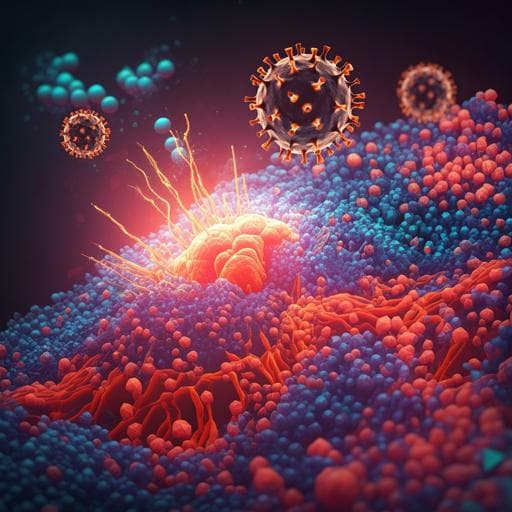
Medicine and Health
A modular self-adjuvanting cancer vaccine combined with an oncolytic vaccine induces potent antitumor immunity
K. Das, E. Belnoue, et al.
Explore cutting-edge research led by Krishna Das and colleagues, revealing how a novel combination of cancer vaccines can enhance immune responses against tumors, potentially overriding resistance to established therapies. This innovative approach harnesses the power of poly-functional T cells to optimize cancer treatment strategies.
~3 min • Beginner • English
Related Publications
Explore these studies to deepen your understanding of the subject.







